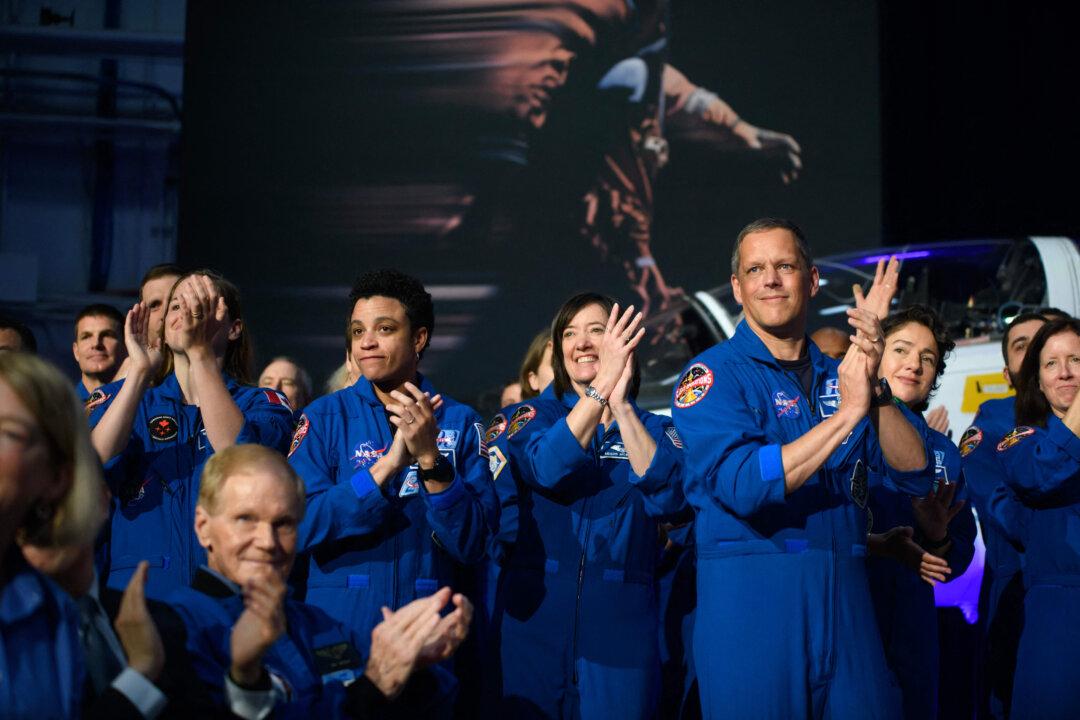The international team of astronauts who will crew the first manned space flight to orbit the moon in more than 50 years was introduced by representatives from NASA and the Canadian Space Administration in Houston on April 3.
Three Americans and one Canadian will fly to the moon and back aboard Artemis II in 2024, the second preparatory flight ahead of a planned lunar landing in 2025.





